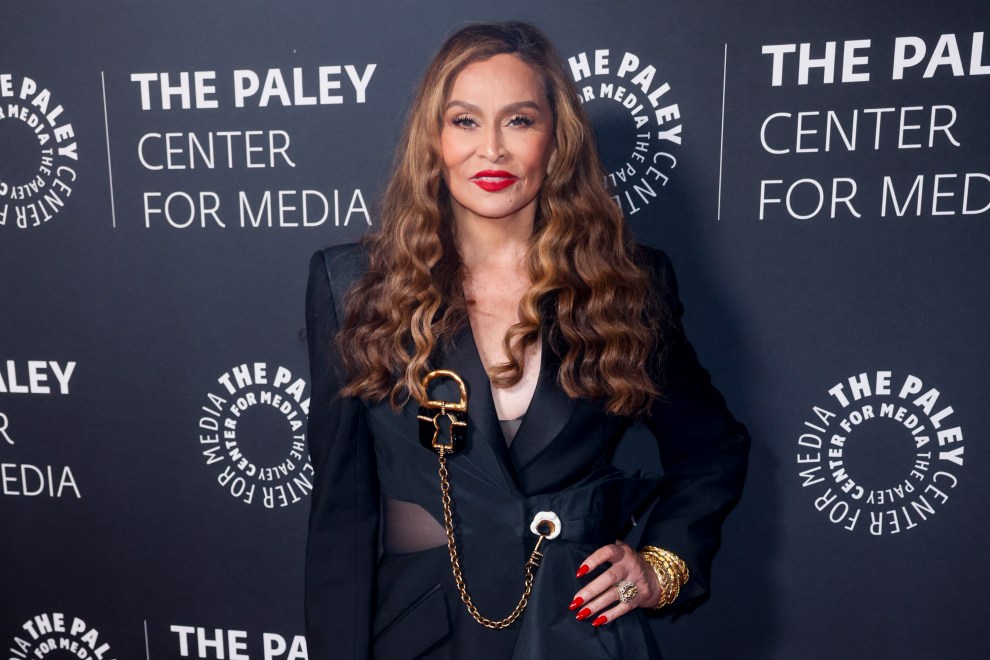Tina Knowles, businesswoman and mother of Beyoncé, says she encountered racial bias at the 2024 Kentucky Derby. In the Peacock documentary High Horse: The Black Cowboy, she describes a moment on the red carpet that left her shaken.
“It was a very big wake-up call for me to attend the Kentucky Derby,” Knowles says in the film. She recounts standing in line when someone announced, “Oh, Tina Knowles is next.” But the celebration was short-lived.
“And the other young lady walked up and said, ‘Oh no, because we need a…’ and ran right into my face,” Knowles recalls. She then asked, “…a white person?” before the staffer stepped aside and allowed a white couple to pass in front of her.
“It’s racially charged there,” she says. “There’s a lot of racially charged energy.” She adds that the staffer “just went behind me, got the couple behind me and got them on.”
A Broader Pattern, She Suggests
Knowles frames the incident as part of a deeper problem with exclusion. She calls the Derby’s red carpet a “closed-off culture,” describing the moment as not just rude — but symbolic.
Her experience is featured in High Horse, a three-part series that explores the overlooked legacy of Black cowboys and the racial history of Western spaces. The documentary, executive produced by Jordan Peele, connects Knowles’s story to a broader narrative of barriers in traditionally white-dominated arenas.
Knowles is not new to pushing back against narratives that erase Black contributions. In the same episode, she defends her daughter Beyoncé’s country album, Cowboy Carter, which sparked debate about appropriation. She points instead to pioneers like Linda Martell.
“I learned about Linda Martell through my daughter,” Knowles says. And when critics suggested Beyonce was “rewriting” history, she firmly replied: “No, you rewrote the history. We’re just going back and straightening the story out.”
Knowles, born Celestine Ann Beyoncé in Galveston, Texas, made her mark long before her daughters’ stardom. She built a fashion and beauty empire and remains a vocal advocate for Black visibility.
Her reflections in High Horse also echo broader issues within horse racing. The industry has grappled with its racial history — Black jockeys once dominated early Derbies only to be pushed out during segregation.
Representatives for the Kentucky Derby did not immediately respond to a request for comment from People, as reported in related coverage.

